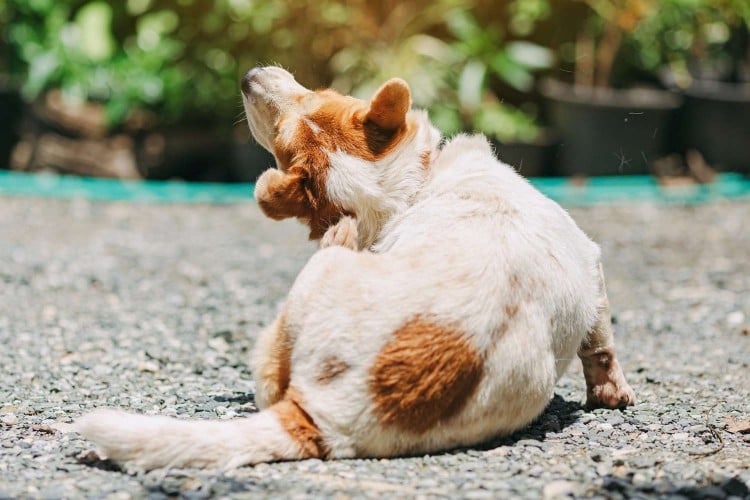
Our dogs can suffer from pesky skin issues—just like us. And if your dog has scaly skin, dandruff, or a greasy coat, it might be a common skin condition called seborrhea. In humans, seborrhea most often affects the scalp and is a common cause of dandruff. While seborrhea in dogs bears some similarities to the human type, there are some important differences.
What Is Seborrhea in Dogs?
Seborrhea, also called seborrheic dermatitis, is a skin condition that occurs when there's increased production of skin cells and/or oil. There are two classifications of seborrhea: dry (seborrhea sicca) and oily (seborrhea oleosa), but most dogs with seborrheic dermatitis have a combination of both.
- Seborrhea sicca (dry): Skin, hair, and nails are made up of a protein called keratin. Excess keratin production due to seborrhea sicca can lead to flaky, scaly skin.
- Seborrhea oleosa (oily): Sebaceous glands produce an oily, waxy substance called sebum that protects the skin. Seborrhea oleosa may lead to too much sebum production, giving your dog's coat a greasy appearance.
Signs of Seborrhea in Dogs
"Dogs with seborrhea typically will have skin that is scaly, flaky, red, and greasy," says Dwight Alleyne, DVM and veterinarian expert at JustAnswer. "Common signs include rough scaly skin, large amounts of dandruff, and greasy, oily skin." Seborrhea may also cause changes in skin pigmentation.
Seborrhea often occurs on a dog's back, neck, face, and flanks, and it's typically worse in areas with skin folds. The condition leaves the skin more vulnerable to pathogens like yeast and bacteria and, if left untreated, secondary skin infections can happen. Itching and odor may also occur, especially if the seborrhea is associated with a skin infection. Seek veterinary advice right away if you notice your dog's skin is dry, scaly, flaky, or oily.
How to Moisturize Your Dog's Dry, Flaky Skin to Ease Itchiness and Redness
Causes of Seborrhea in Dogs
Most cases of seborrhea in dogs are caused by another existing skin condition, but some dogs can inherit seborrhea from their parents. This is called primary seborrhea. "It's a genetic disease that causes a dog to have abnormal skin cells," Alleyne says.
Primary seborrhea is uncommon but more likely to affect certain dog breeds, including:
- Basset hounds
- Cocker spaniels
- Dachshunds
- English springer spaniels
- Golden retrievers
- German shepherds
- Labrador retrievers
- West Highland white terriers
Dogs with primary seborrhea often begin showing signs by the time they're 2 years old, and the condition typically gets worse as the pup grows older.
Secondary seborrhea is far more common and develops because of another skin condition. "Common causes in dogs include skin allergies, hormone imbalances, vitamin deficiencies, immune-mediated diseases, and certain skin cancers," Alleyne explains. Seborrhea may also occur due to yeast infections, bacterial infections (pyoderma), and parasites such as fleas or mites (mange). Virtually any skin issue can lead to secondary seborrhea.
Treatment for Dogs With Seborrhea
The right treatment for seborrhea in dogs depends on its cause. "For primary seborrhea, there is no cure," Alleyne says. "However, synthetic vitamin A derivatives, called retinoids, or other medications often help." Dogs may need lifelong treatment for primary seborrhea.
"For secondary seborrhea, the treatment involves diagnosing and managing the underlying disease that is causing the seborrhea," Alleyne continues. This means your vet may need to run various tests to determine what skin conditions are present and begin treatment for those as well.
"Seborrhea itself is treated with anti-seborrheic shampoos that help restore the skin cells, as well as fatty acid supplements," Alleyne explains. Your vet may prescribe medicated shampoos and other topical treatments. Long-term treatment may be necessary depending on the underlying skin condition and how it responds to treatment. It's important that you use vet-approved products rather than those intended for human seborrhea, as they may make things worse.
For some dogs, seborrhea is a chronic or recurring condition. Your dog may need frequent vet visits to address skin flare-ups and adjust treatment. "The prognosis of seborrhea depends on the severity of the condition and the primary cause behind it," Alleyne says. As with most health conditions, early diagnosis and treatment can make it easier to control seborrhea and other skin issues, so see your vet at the first sign of a skin problem.
12 Dog Shampoos To Help Combat Dry, Itchy Skin



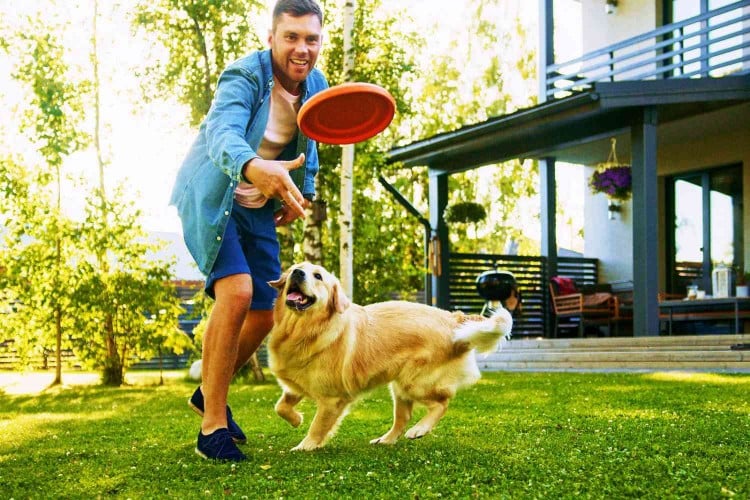

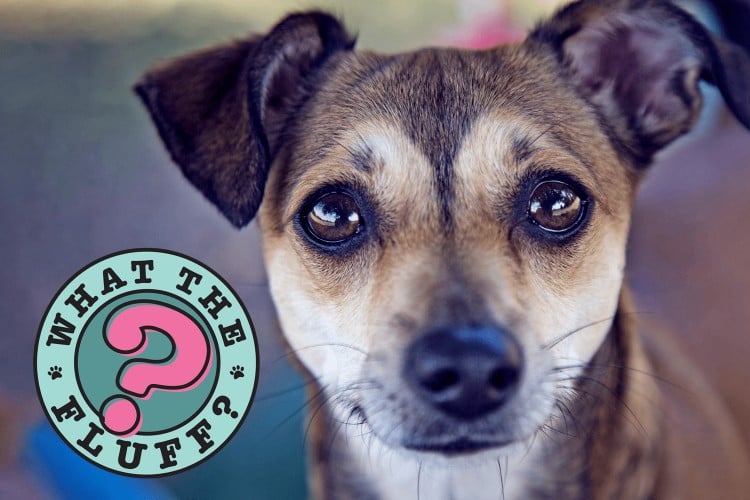

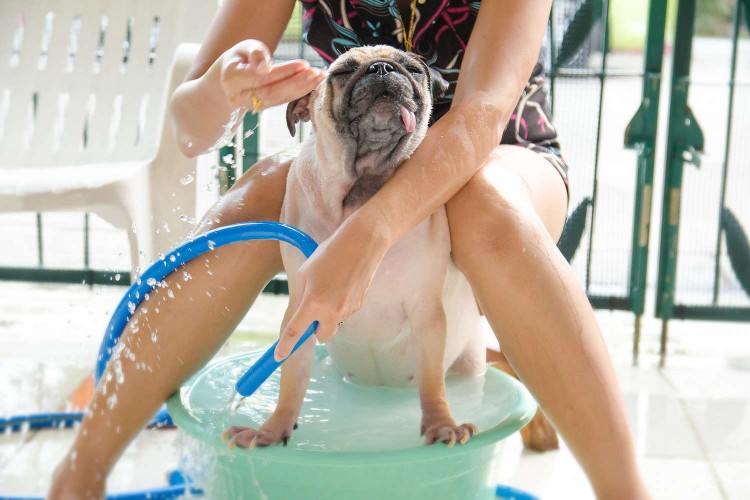
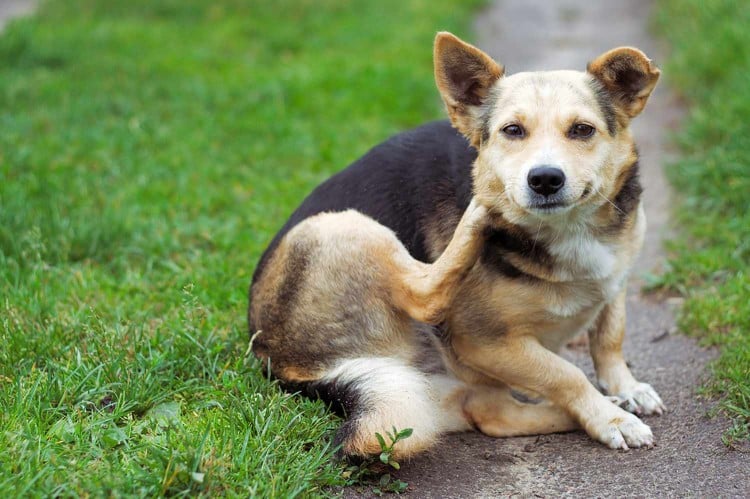
Comments on " Seborrhea in Dogs: What It Is, Why It Happens, and How To Treat It" :